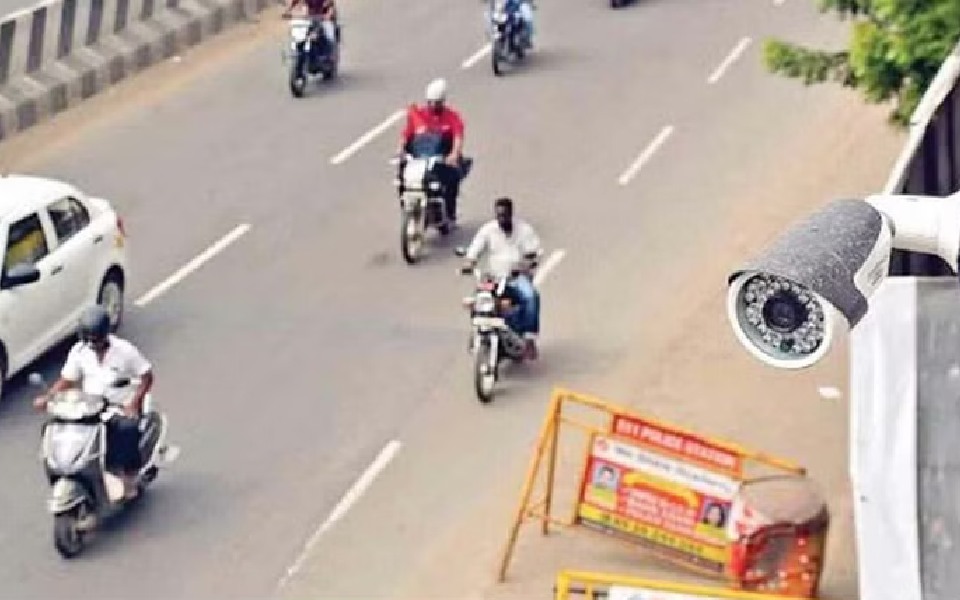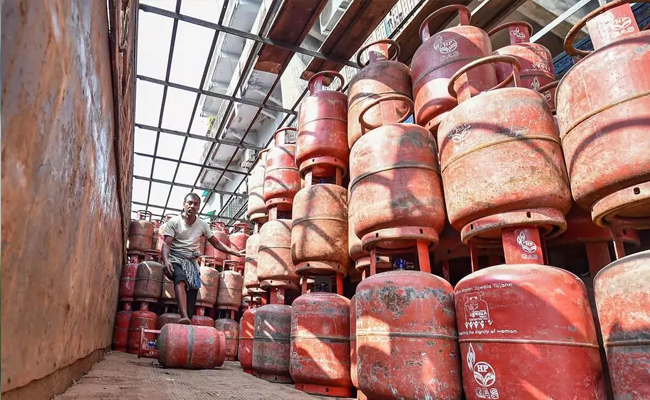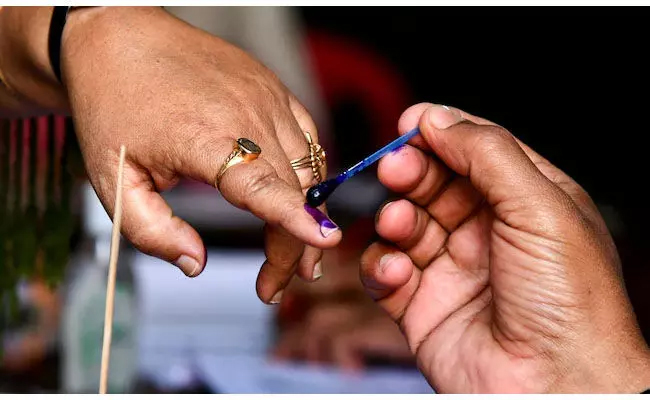Thiruvananthapuram, May 10: The controversial road safety cameras installed on Kerala roads has not only caused headaches to the state government but also to a man who travelled on a scooter along with his woman friend without wearing a helmet, in the capital city.
The details of the traffic rule violation by the man, along with the photographs taken by the high-end cameras, and sent by the Motor Vehicle Department, triggered issues in his family, which finally resulted in a police case and his arrest.
An Idukki native, the man had taken a ride on the scooter with his woman friend through the city's roads without wearing a helmet on April 25.
As the wife was the owner of the vehicle as per its Registration Certificate, the details of the violation by the man and the fine to be paid were sent as a message to her mobile phone.
When the message was received, the wife questioned the husband asking who the woman pillion-rider seen in the photograph was.
Though the 32-year-old man, an employee of a textile shop here, claimed that he had no relationship with that woman and that he had just given her a lift on the scooter, the wife didn't believe him. It led to an argument between the couple.
She lodged a complaint with Karamana police here on May 5, alleging that the husband had manhandled her and their three-year-old child.
"He was taken into custody based on her statement. An arrest was recorded under IPC 321 (voluntarily causing hurt), 341 (wrongful restraint) and 294 (obscene acts) and Section 75 of the Juvenile Justice Act (assault or neglect of child)," a police officer told PTI.
The man was produced before a court, which remanded him in judicial custody later, he added.
Kerala has been witnessing an intense political row over the installation of cameras on state roads as part of the road safety project 'Safe Kerala'.
The opposition Congress has levelled serious corruption charges against the LDF government over contracts related to the installation of the cameras.
Let the Truth be known. If you read VB and like VB, please be a VB Supporter and Help us deliver the Truth to one and all.
Thane (PTI): Authorities have seized illegally stored 1,839 gas cylinders and seven vehicles worth over Rs 67 lakh in the Dombivli MIDC area of Thane district, officials said on Saturday.
A special vigilance team of the Mumbai Rationing Department detected an illegal storage of domestic and commercial LPG cylinders in Phase-2 of Dombivli (East).
Cylinders belonging to multiple gas agencies were found stockpiled in closed vehicles, unauthorised warehouses, and open sheds without mandatory permissions from the Explosives Department, Fire Department, or oil companies, according to an official release.





